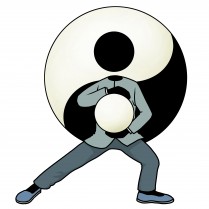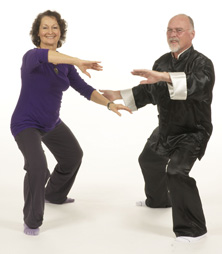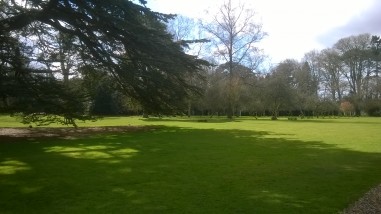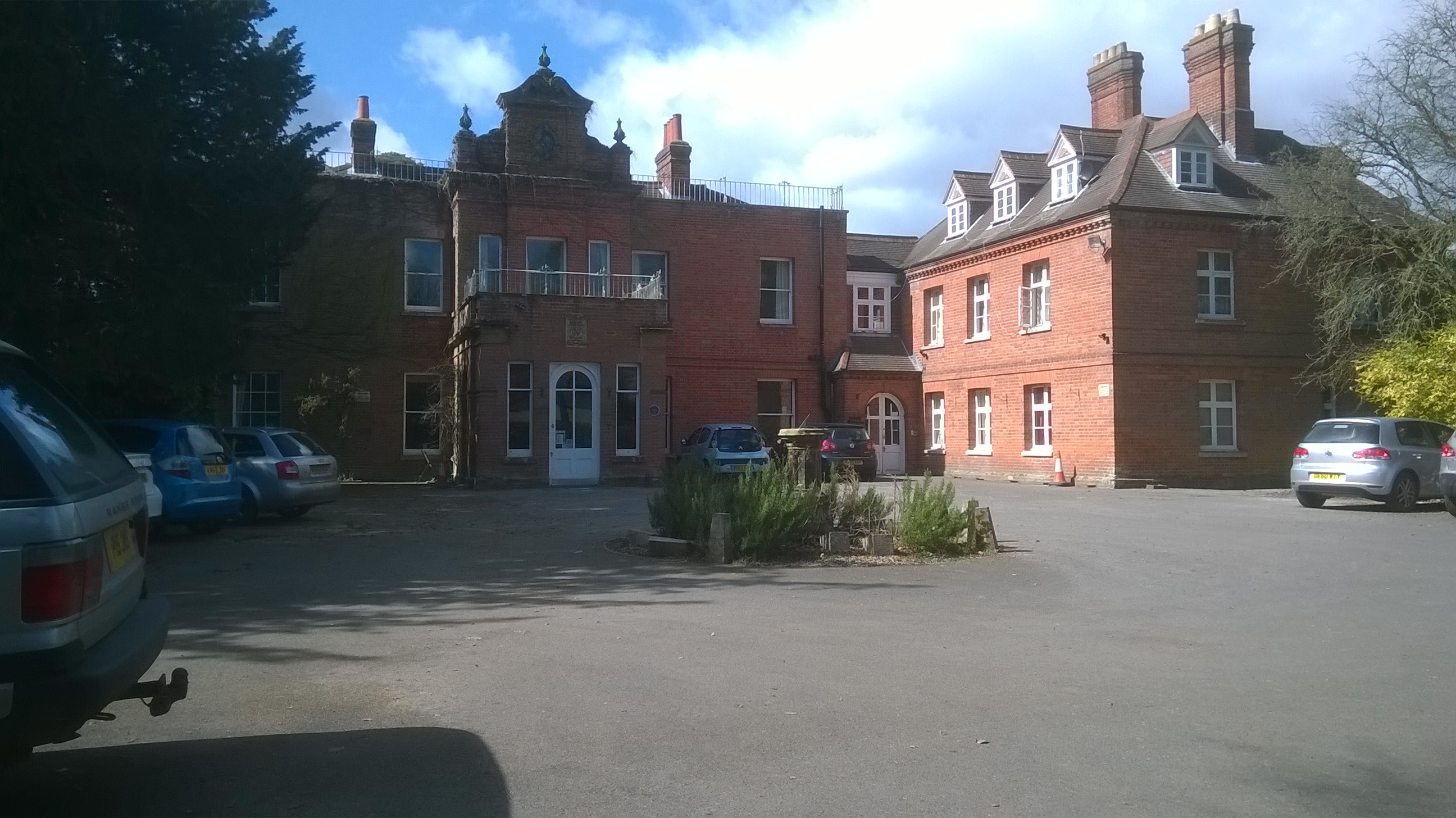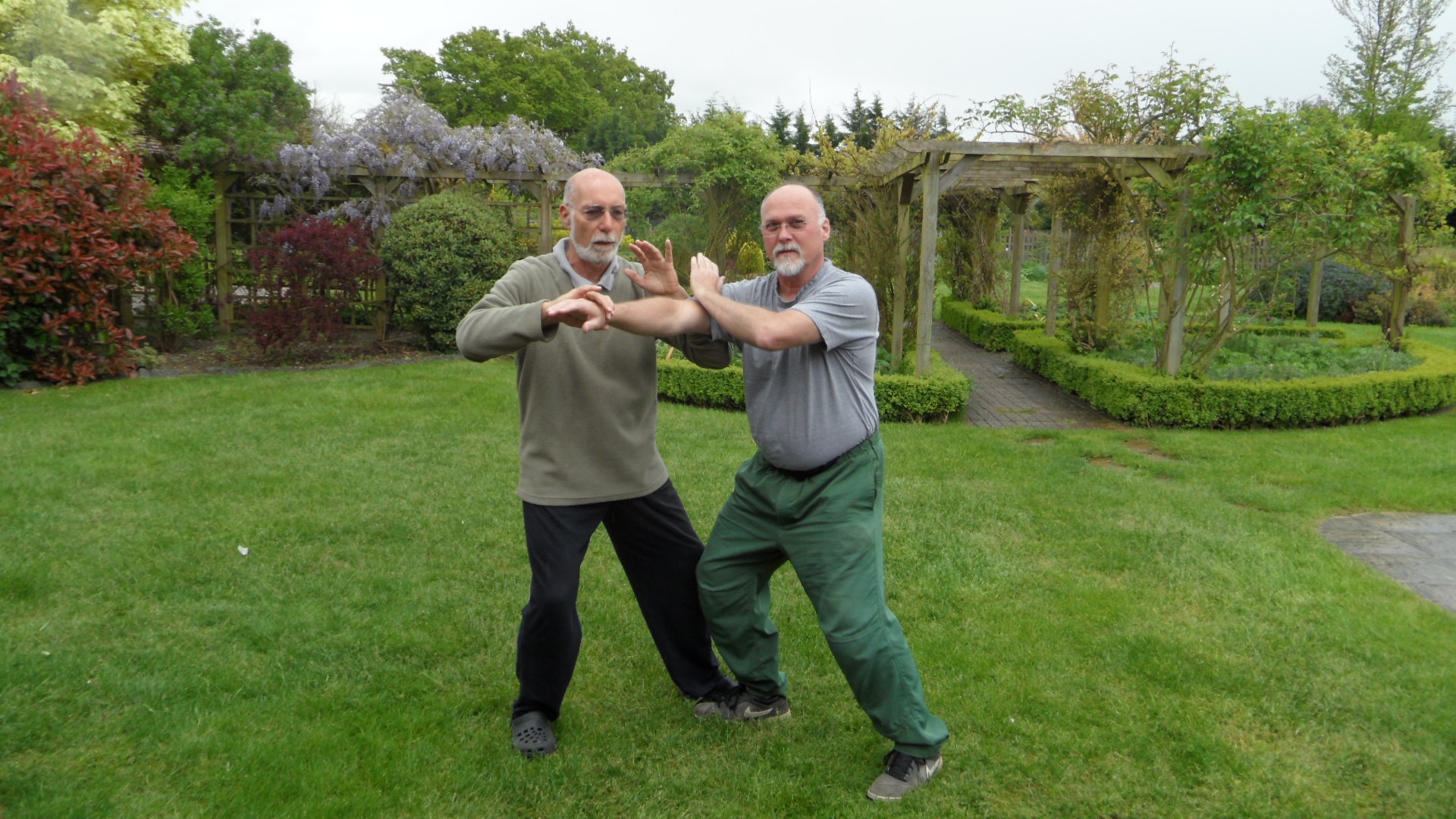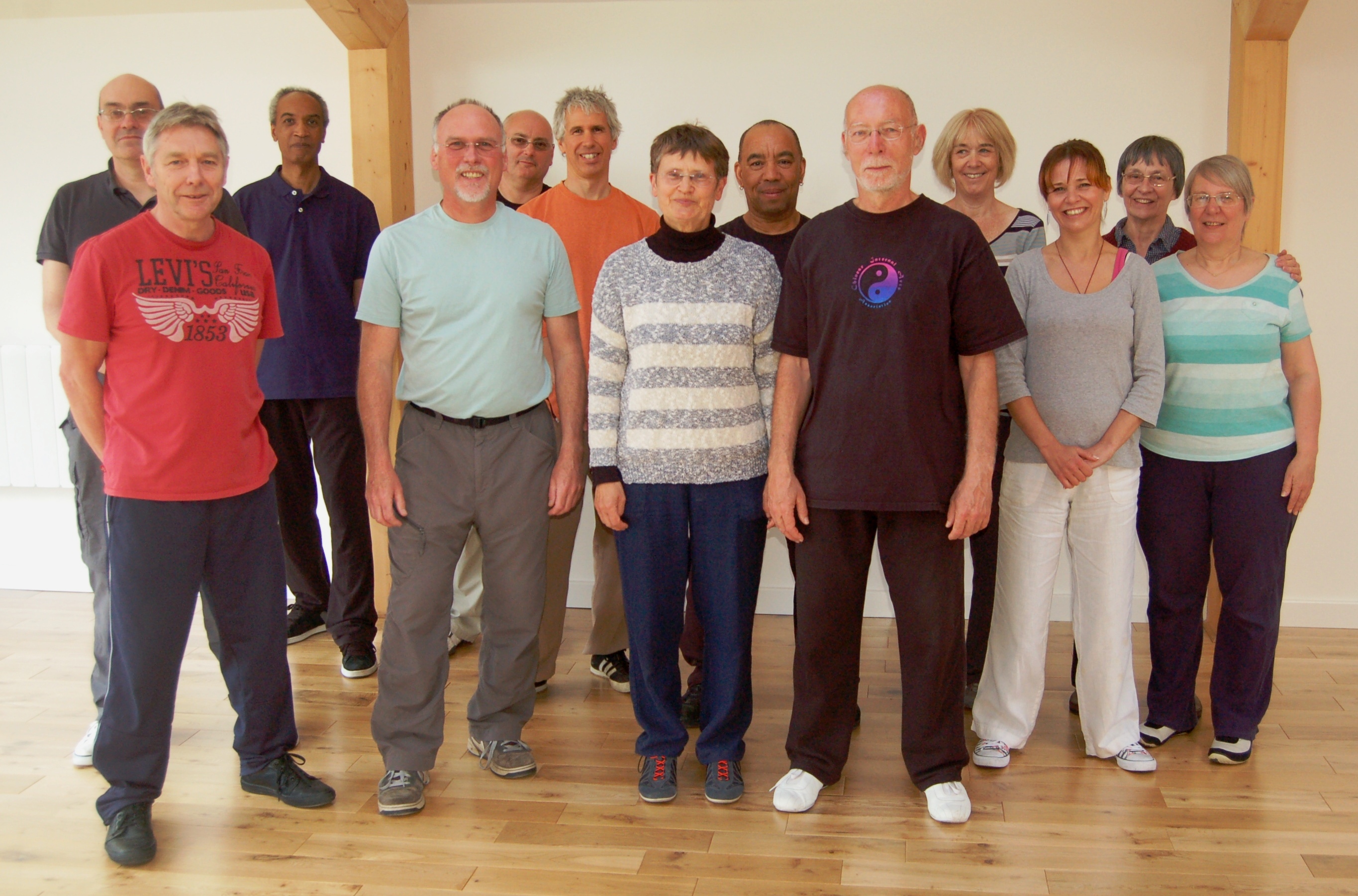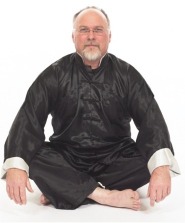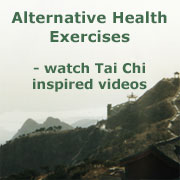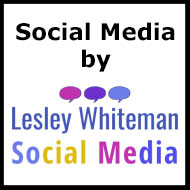 There seem to be many types and many purposes for doing meditation. As with most things some types are promoted as wonderful but are actually low level – you should decide for yourself which is which and what suits you.
There seem to be many types and many purposes for doing meditation. As with most things some types are promoted as wonderful but are actually low level – you should decide for yourself which is which and what suits you.
I first came across meditation in the spiritual/psychological areas, but as you have probably gathered it is also a major component in many martial arts, both as a means of achieving better physical performance and as a way of dealing with the emotional stress of violence.
So I think we can consider the technique in terms of what one wants to get out of it – but more usually perhaps when starting, people try many different things to find out what they get out of them – it is useful to try a variety in order to understand the subject.
Personally I have found 2 variants particularly useful and you may like to try them amongst others.
Zen meditation
The type I was taught is where one sits somewhere comfortable, often on a cushion in-front of a wall about 2 feet away. Settle your gaze on the wall in an un-focused way then observe the thoughts that arise. When a thought arises “let it go “so use the wall like a screen onto which the images of your thought are projected then wiped off. When the next image arises wipe it away – ” let it go ” – do not get involved in the thoughts/images, just let them go and wait until the next arises – do not go looking for these thoughts. After a while no further thoughts arise and there will be only a calm mind.
Adapted Zen
For me this is a way for the conscious to contact the sub-conscious as a powerful way of resolving my understanding of a particular situation or question.
Lie down somewhere comfortable and dark. Become aware of and relax your whole body. Use the Zen technique to clear your mind – then ask yourself the question you wish to resolve, e.g. what is going on here in this situation? What do I really feel about this situation?
Allow the question to just sit as an image – generally I find in a few minutes a thought arises which is a true answer and has a resonance with my situation and feels right in my body – there is an all-over feeling of relief and letting go – an ah! moment. (Satori in Japanese)
This is not magic but the creation of new connections and you should be careful to ask questions to which you can reasonably expect that you have the ability to find the answer, since my rational for this process is that it allows you to use the sub-conscious mind – so only information you already have can be used. However I expect you will find that you have a great deal more than you are consciously aware of.
There seems to be a close similarity in meditative processes to the ritualistic physical routines of dance and martial arts, where the conscious mind is calmed or taken out of the loop so that the sub-conscious can do whatever it needs/wants without the interruption of conscious thought.
Other related activities including religious rituals and mental exercises such as path-working or self-hypnosis, all calm the chattering mind by giving the conscious mind a powerful pattern to follow, thus seeking to direct the sub-conscious in a specific way.
All have their place and their value depends on the individual and what you are seeking to do.
A final diversion – my understanding is that the sub-conscious is the real-time person and a very powerful but general bio-computer, whereas the conscious is a modelling tool ( like a video/games card ) that doubles as a post event display of real world activities and as an off-line system for intellectual modelling as a problem solving tool.
This raises the question which is the real me? And the answer may well be that the real me is the sub-conscious – but that is like asking what is a car – the engine or the tyres?
I think a more useful question is really – how can I get my conscious and sub-conscious working harmoniously together without conflict? And meditation seems to help.
If you want to practice meditation with others or learn other techniques then there are many opportunities although it is my experience that most will have some religious or other spiritual agenda – if you want that, fine, if not you could still learn from them.
Meditation is also the approach I take in my Tai Chi – where I find the quiet internal preparation and mindful observation both internally and externally to be important to practice.

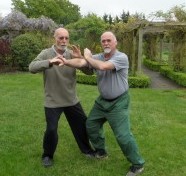
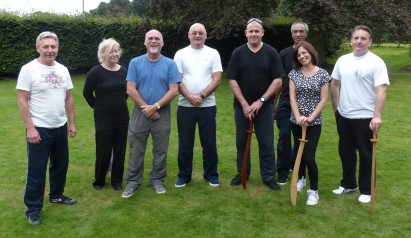
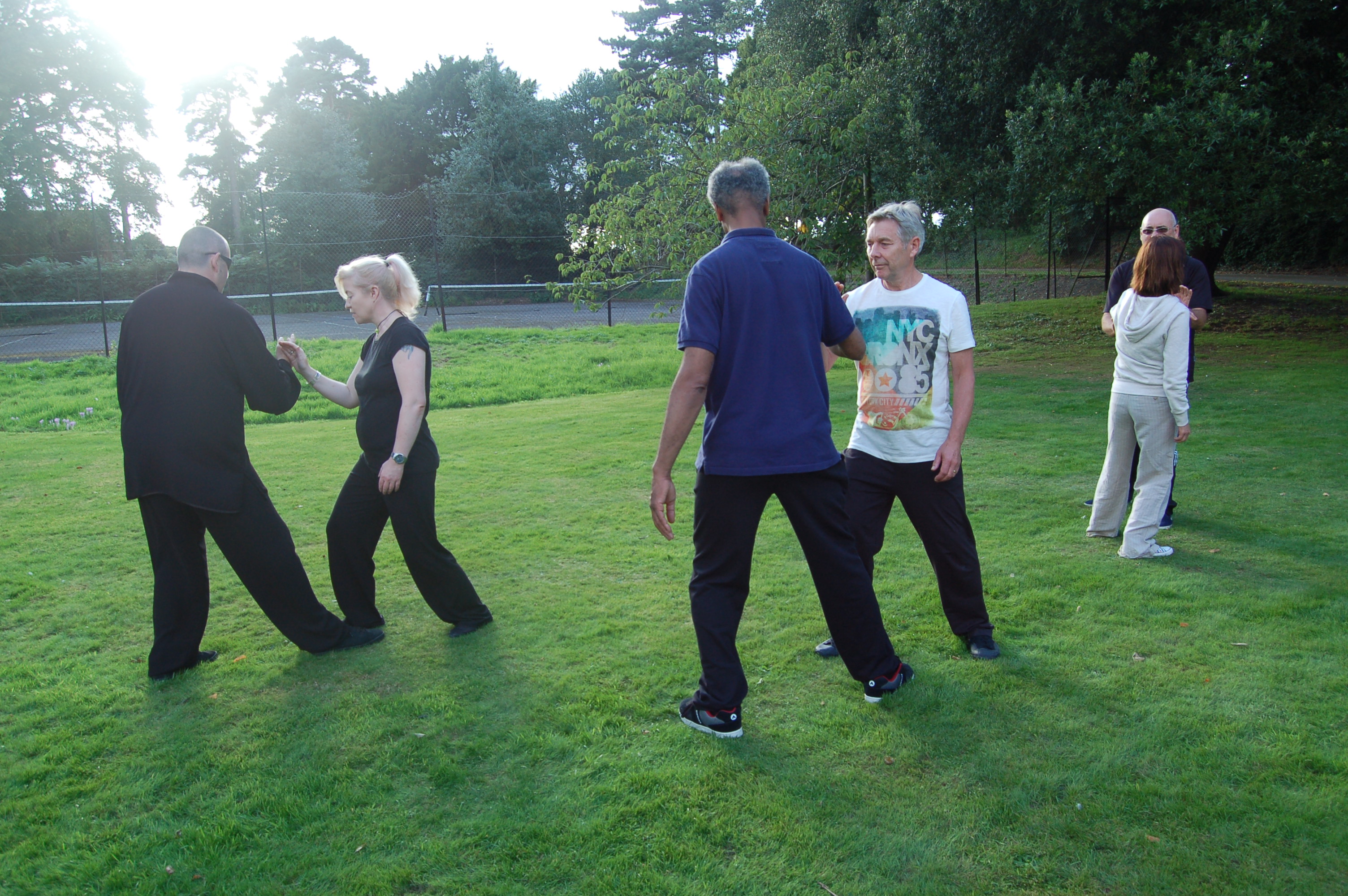 The evenings were a time for relaxing of course and considerable humor before an early night in readiness for a 7.30 start each morning on the lawn, and even on one occasion sheltering under the trees which provided more than sufficient ground kept dry from the rain. Actually we had really lovely warm, dry weather most of the time and were able to take full advantage of the beautiful flat lawn just outside the dining hall where we retired for the excellent meals served by some delightful staff.
The evenings were a time for relaxing of course and considerable humor before an early night in readiness for a 7.30 start each morning on the lawn, and even on one occasion sheltering under the trees which provided more than sufficient ground kept dry from the rain. Actually we had really lovely warm, dry weather most of the time and were able to take full advantage of the beautiful flat lawn just outside the dining hall where we retired for the excellent meals served by some delightful staff.